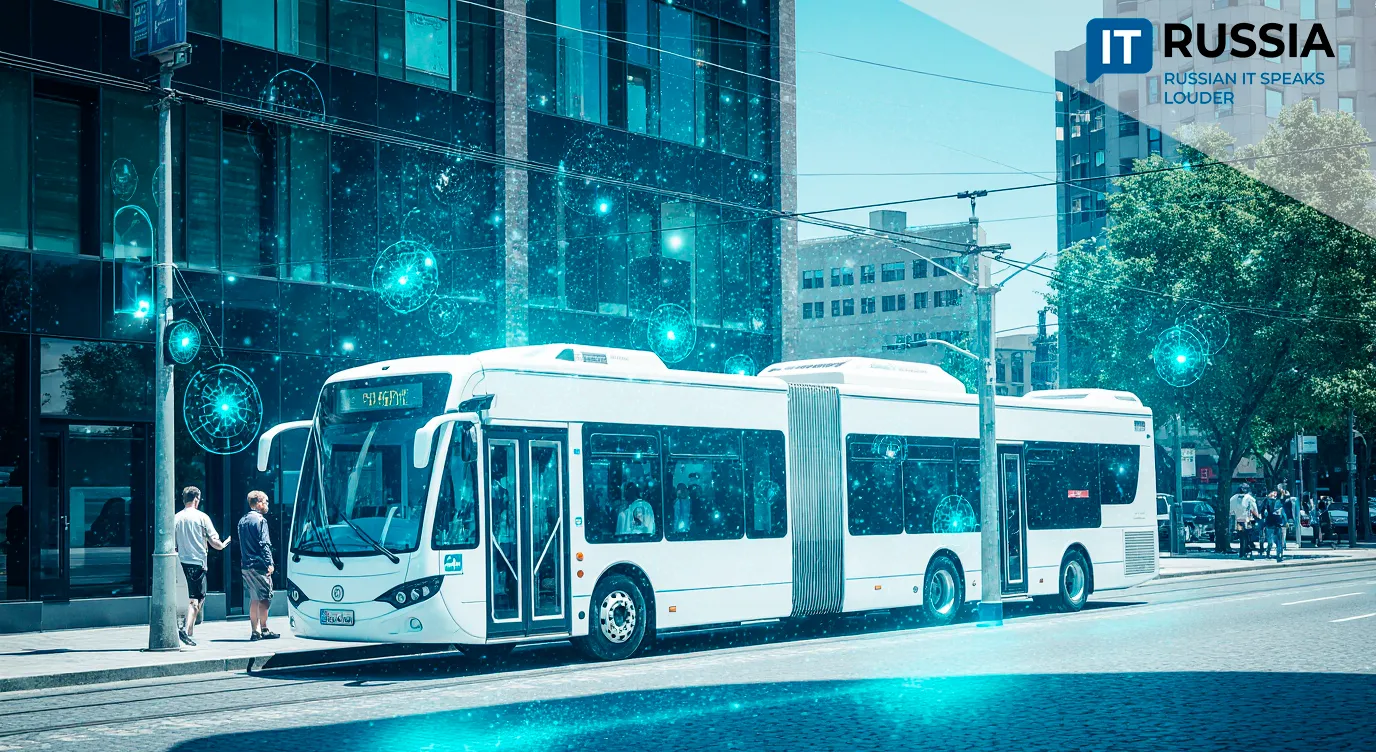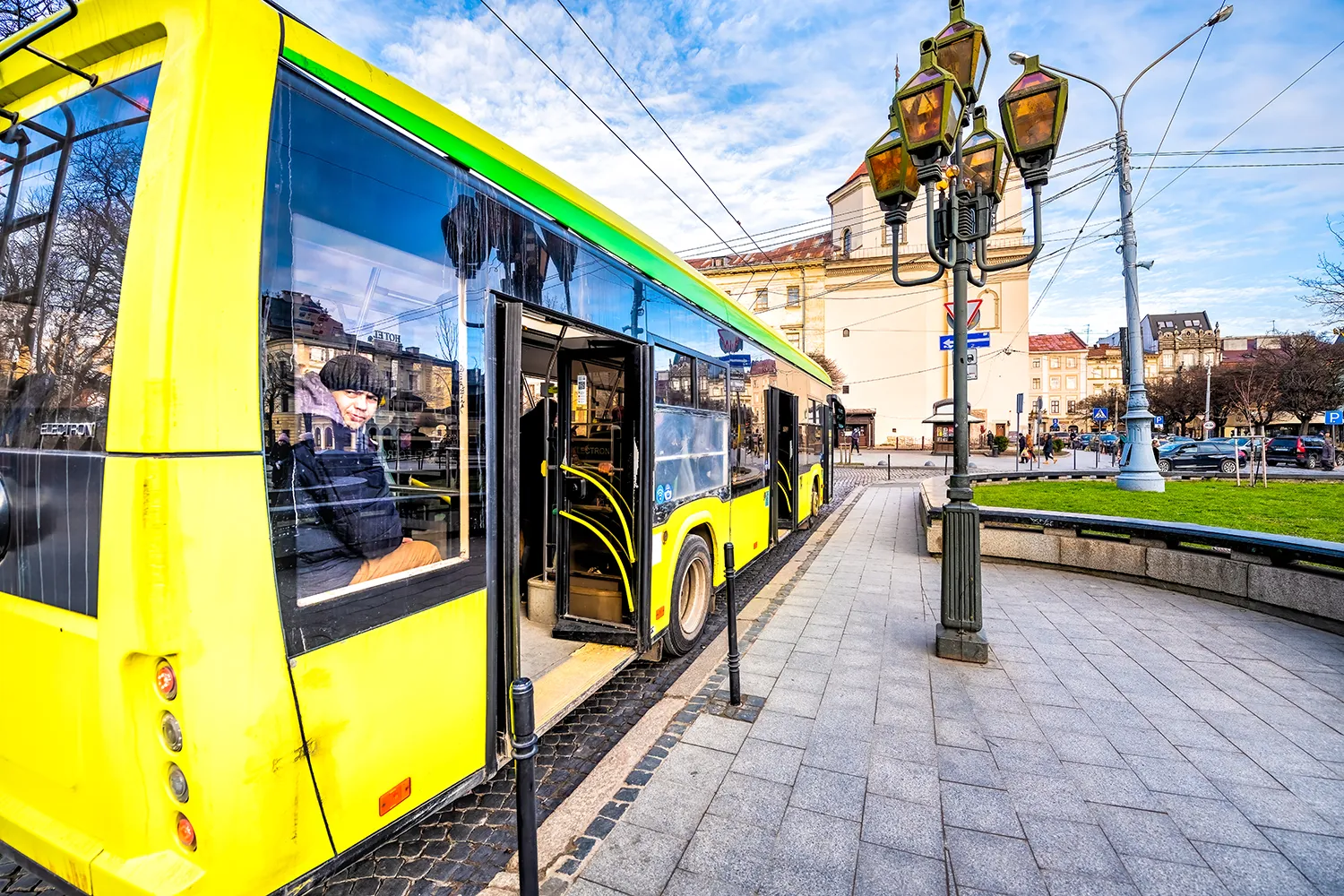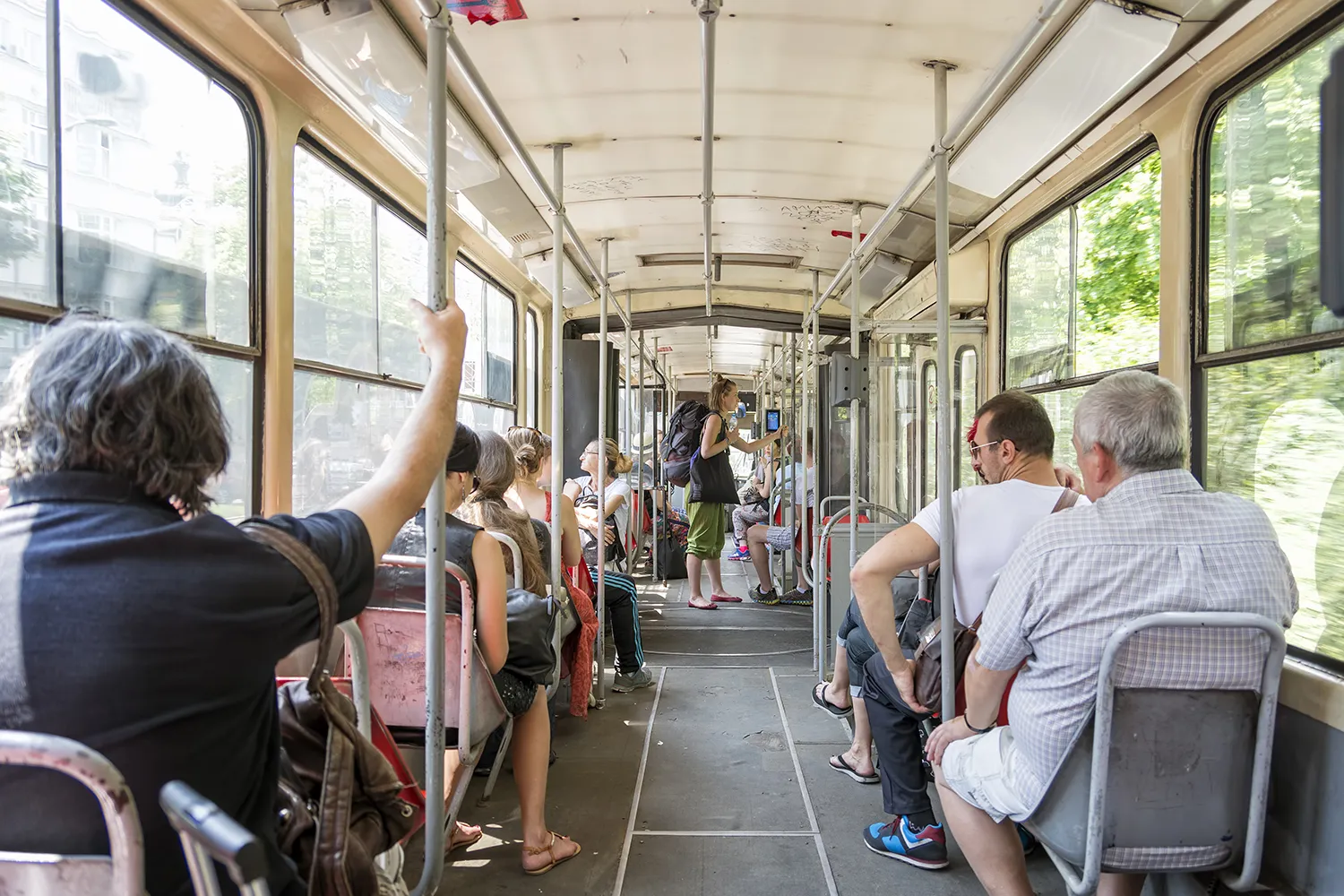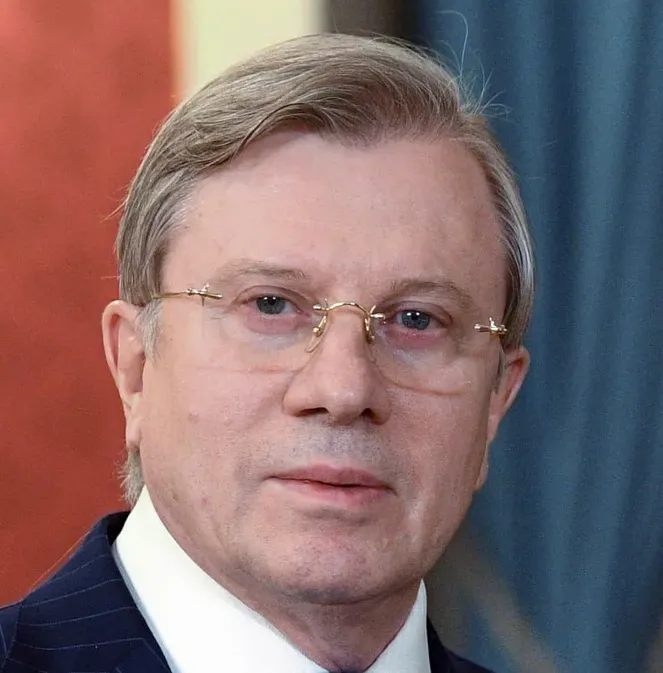‘Smart’ Trolleybus Hits the Streets in Orenburg

Orenburg has begun testing a new generation of public transport with the rollout of the Sinara-6254 smart trolleybus, a major step in Russia’s drive to digitalize its urban mobility systems.
Modern Technologies for Public Transit
The Sinara-6254, produced at the Chelyabinsk-based Sinara Transport Machines plant, can carry up to 90 passengers and operate up to 40 kilometers without overhead wires. This makes it a flagship example of Russia’s transportation engineering progress. Upon arrival in Orenburg, the vehicle underwent setup and local drivers received training before the trolleybus was cleared for city routes.
For Orenburg residents, the new trolleybus offers greater comfort and safety. It features a kneeling system for passengers with limited mobility, USB charging ports, an automatic fire suppression system, and door safety mechanisms. Navigation is ensured via GLONASS, while onboard video surveillance and automated announcements support drivers in managing routes.
For the region, this project integrates directly into the smart city concept: digital monitoring systems gather passenger flow data, optimize routes, and reduce operating costs. Nationally, the successful rollout demonstrates the capacity of Russia’s domestic industry to deliver competitive, high-tech solutions, especially important under sanctions.

Growth Prospects and Export Potential
The primary near-term goal for the smart trolleybus is scaling across Russia. Intelligent transport systems can integrate with municipal digital platforms, linking traffic management, environmental monitoring, and passenger flow analytics. Experts valued the global intelligent transport systems market at $47.2 billion in 2024, with steady growth expected. According to gminsights.com, the market will grow at an average annual rate of 10.3% between 2025 and 2034, reaching about $121.4 billion.
For now, export potential remains modest, but successful deployment could spark interest from CIS countries and Asian markets, where affordable, reliable transport is in demand. Sinara vehicles are already in service in Chelyabinsk, St. Petersburg, Yekaterinburg, Yaroslavl, Miass, and Kaliningrad. In 2025, pilot operations began in Krasnodar and now in Orenburg.

The Evolution of Smart Transport
Russia has rapidly expanded the use of intelligent technologies in urban transport. Since 2021, Moscow has deployed thousands of electric buses with telemetry and smart charging systems. By 2024, the fleet exceeded 1,800 units—the largest in Europe. Moscow’s e-buses feature climate control, USB charging, and adaptive lighting.
In Kazan, since 2022, trams equipped with Wi-Fi and automatic safety systems have been in operation. By 2025, 242 of Kazan’s 515 traffic lights operated in adaptive mode, adjusting to traffic density. In St. Petersburg, more than 250 smart trams use AI-based driver assistance systems.
Sochi and Novosibirsk have introduced digital bus stops and transport management systems, while Rostov-on-Don is rolling out smart buses with GLONASS connectivity and video monitoring. Plans call for 450 smart stops with electronic displays, Wi-Fi, and surveillance cameras.
These initiatives confirm a nationwide trend toward transport digitalization and integration with smart city ecosystems. According to the Ministry of Construction, the Smart City project now covers over 200 Russian cities, and since 2018, the average IQ index of cities has risen nearly 40%.

Future Outlook
The Orenburg pilot reflects Russia’s strategic commitment to digitalize public transport and secure technological independence. In 2024, Russia’s machine-building industry grew by 15%, reaching $190 billion in output (17 trillion rubles). The smart trolleybus showcases how domestic engineering can deliver advanced solutions under pressure.
Successful deployment will allow Russia to scale the technology nationwide. By 2027, experts forecast the Russian intelligent transport systems market will expand by 27%, with innovative products accounting for 35% of the market. Integration with AI-driven data analytics and route optimization will create the foundation for unified digital transport platforms in cities.
Global trends also favor this path: the international intelligent transport market is growing at 10–12% annually and is expected to reach $155 billion by 2034. With a strong technological base and a fast-growing domestic market, Russia is positioned to turn sanctions challenges into drivers of innovation.










































